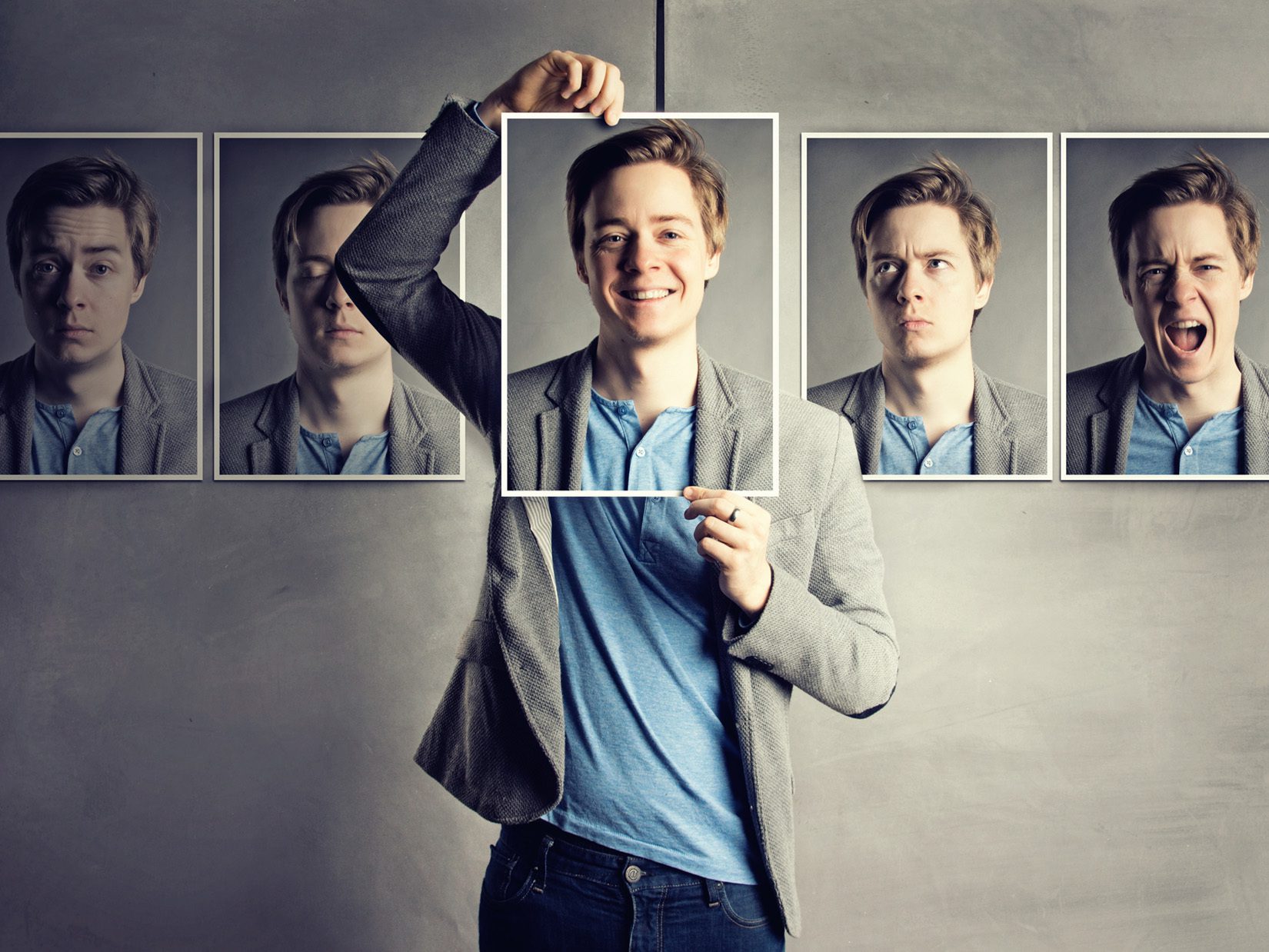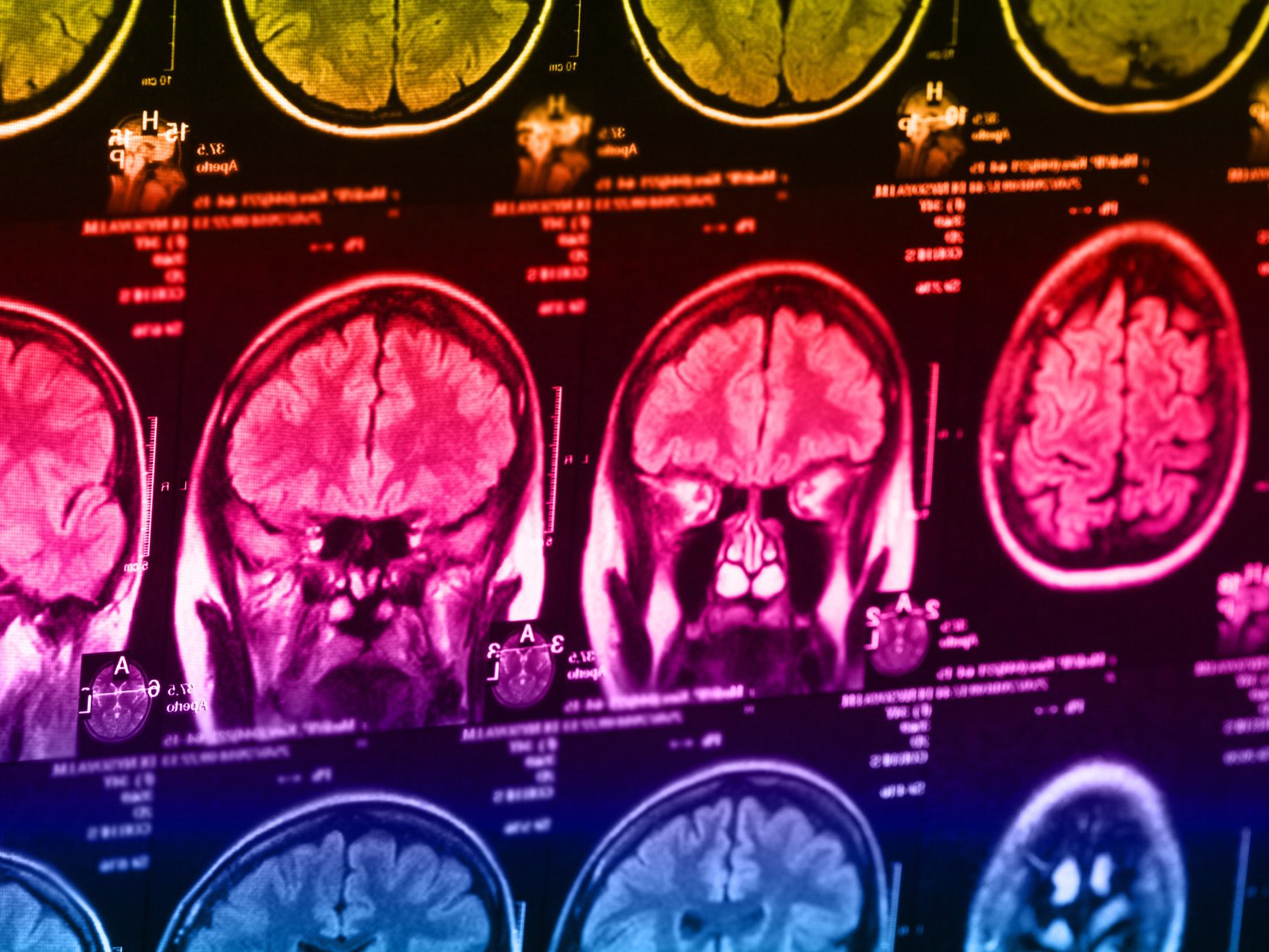As a marketing leader, do you wish you had the power to predict consumer behavior? This ability would give you a critical advantage to innovate successful product offerings and campaign strategies that align with your ideal customers.
The closest marketers can get to predicting consumer behavior is to study the learning behaviors of their target audiences. The consumer learning process is the backbone of all decision-making and action. As such, studying the psychological effects of learning can empower your marketing and promotional efforts.
Part 2 of our Psychological Influences on the Consumer Decision Process series covers the four learning theories (behaviorism, cognitivism, constructivism, and humanism) and how each influences consumer behavior.
What is Learning Theory?
By definition, learning theory is composed of frameworks designed to describe how knowledge is received and processed, allowing us to make informed decisions or avoid situations based on learned information.
The Four Theory Breakdowns
There are four primary psychological categories of learning theory:
- Behaviorism
- Cognitivism
- Constructivism
- Humanism
Each theory helps marketers better understand how consumers learn and perceive their products and brands. Behaviorism focuses on the objectively observable aspects of learning. In this previous article, we take an in depth look into the classical and operant conditioning behavioral learning theories and their effects on today’s consumers.
Cognitive Learning Theory + Its Effects on Consumer Behavior
Cognitivism aims to look beyond external factors that affect behavior to explain brain-based learning. In further detail, cognitivism is how information is stored, retained, and received by the human mind.
It differs from behavioral learning because instead of focusing on repetition to associate with reward, it emphasizes the role of gathering facts about the products or services, processing those facts, and recalling them in the future.
How Does Cognitivism Tie into Consumer Behavior?
Cognitive learning involves storing short-term memory that eventually becomes long-term memory. Cognition is how individuals learns through analysis and evaluation. With behavioral learning, consumer behavior is a result of using our senses; whereas cognitive learning explains complex actions we as consumers make based on our knowledge.
People use emotions, motives, and perceptions to learn about brands and offerings, then form individual perceptions and store those as knowledge. When forming opinions about brands and products or when making purchases, we recall our experiences and use those memories to help us make favorable decisions. There are two types of cognitive learning that impact consumer behavior behaviors:
- Observational learning
- Modeling
Observational learning is when someone changes their attitudes/behaviors by watching other people’s actions. For instance, if a driver observes many cars ahead moving into the right lane, s/he may change their behavior to follow suit, deducing there is an upcoming issue in the left lane. Or if an advertisement claims that a product will make you lose weight, a purchaser may make certain change his/her lifestyle to fully reap the rewards of using the product.
Similar to observational learning, modeling is when someone imitates another person’s behavior. When an advertisement influences consumers, they are more likely to imitate the behavior of the models, actors, or influencers—which in turn can create a trend and result in heightened brand awareness. For example, Nike® launches a campaign with Olympic athletes wearing the brand’s shoes and clothing; and in turn, consumers model the athletes as they purchase the featured products in imitation of people they admire.
Constructivism Learning Theory + Its Effects on Consumer Behavior
Constructivism views learning as a process in which the learner actively constructs or builds new ideas or concepts based on their experiences. With constructivism, the learner actively participates in new experiences (experiments or real-world problem solving) to develop new ideas and opinions based on those experiences.
How Does Constructivism Influence Consumer Behavior?
In constructivism learning, the learner uses assimilation and accommodation to learn and form perceptions. For instance, a consumer may hear about your brand for the first time during a commercial, then build more into the idea of your company as they encounter additional information.
Let’s create an example. First, a consumer learns that a brand promotes toilet paper products with funny commercials. Then, they notice the toilet paper at the supermarket, recognize it from the commercials, and see that the prices are affordable. Later, the consumer reads a news article about the brand adopting greater sustainability practices to produce the toilet paper. The consumer compounds all this data to continuously expand their brand knowledge as they assimilate more information, all of which the consumer uses to make a final decision regarding brand acceptance or avoidance.
The above use of “accommodation” means someone is making room for more information within their conceptual framework. Essentially, if we encounter an idea or experience that doesn’t fit within our existing framework, a cognitive imbalance/disequilibrium occurs. To deal with this, we must change our past way of thinking to accommodate for the new information we’ve learned. The newly acquired information replaces or changes our old way of thinking. For instance, if a consumer loves a brand but they discover the company is a major contributor to pollution, the new information may positively or negatively change the way they feel about the brand.
Humanism Learning Theory + Its Effects on Consumer Behavior
Humanism reflects the idea that, as humans, we each control our own destiny. In the humanist theory, emphasis is placed on our unlimited potential for learning and development. Our individual interests, values, desires, and potentials guide us in an active learning process to find and pursue personal goals.
How Does Humanism Influence Consumer Behavior?
Renowned psychologists Abraham Maslow (the inventor of Maslow’s Hierarchy of Needs) and Carl Rogers were both key proponents of humanism. They believed the best motivation for humans was the need for personal growth and fulfillment.
The humanistic model focuses on a person’s ability “to try.” The definition of this model is “an attitude toward a reasoned action is replaced by an attitude toward trying and an intention is restricted to an intention to try.”
Our norms, attitudes toward the process, expectations for success—even our failures—are the key variables to our intentions to try a new product or brand. Because of this, marketers are wise to take emotions, attitudes, and personal attributes into consideration when developing effective strategies that lead consumers to make a purchase.
How Does Learning Theory Affect Consumer Behavior?
Learning does not only affect what we buy but also how we shop. Through our learning and experiences, we gain valuable insights for brands, products, and services. When a new company catches our attention, we may seek additional information about the organization. After learning more, we use the knowledge to help us decide whether or not we want to make a brand purchase.
As a marketing leader, studying the theories and effects of learning behavior to better understand how consumers gather information gives you a greater understanding of how consumers interpret your brand. With this knowledge, you can implement consumer-facing strategies and campaigns to drive awareness, encourage purchases, and increase brand loyalty.
The Importance of Learning Behavior
At IDealogic®, we study the psychology of human behavior and human nature to align brands with their ideal target audiences. Our knowledge empowers us to bridge the gaps between brands and their customers, and to strategically engineer Brand to Human® bonds for long-term adoption. Schedule your quick 15-minute introduction call with us today to learn more about our capabilities.



